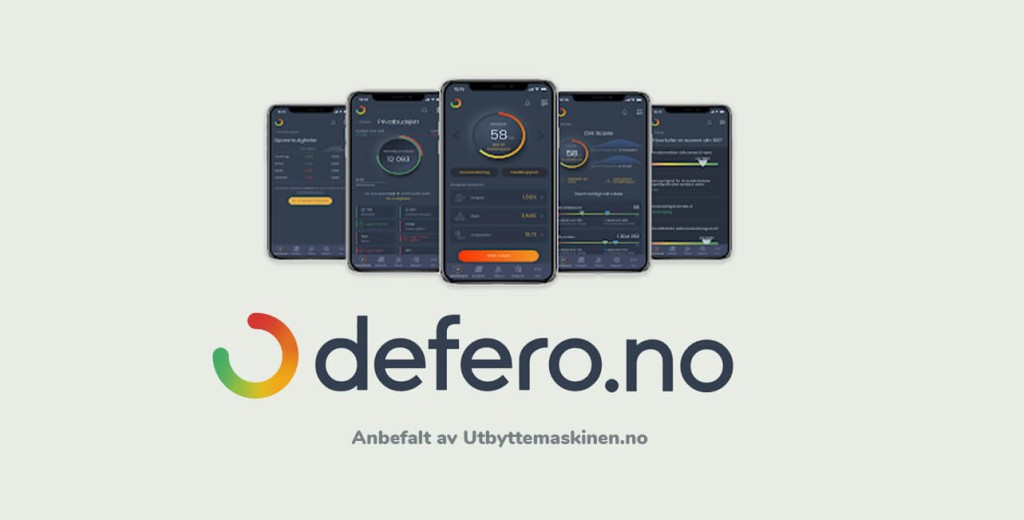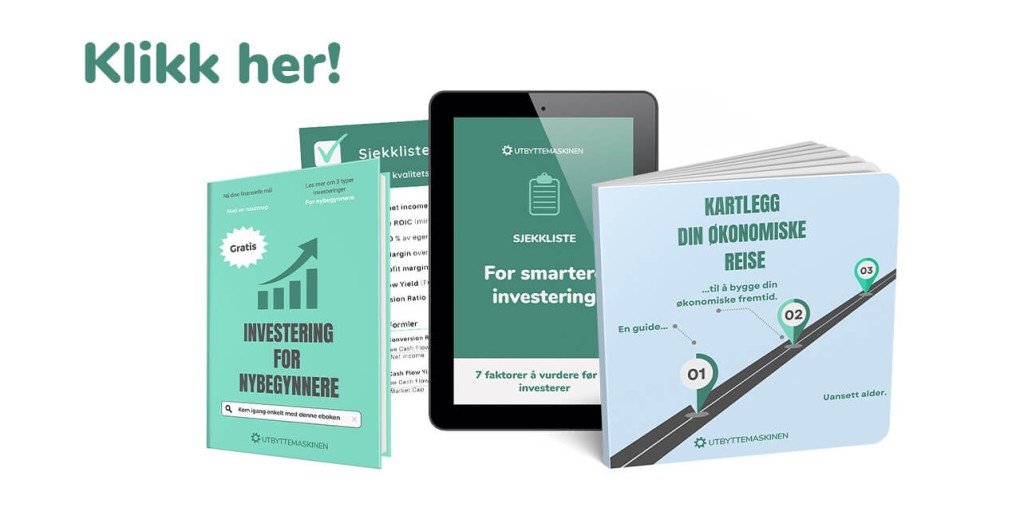Are you wondering whether you should pay off a loan or invest the money in shares or funds instead?
Loans with high interest rates should be paid off before investing, as the potential return from investments may be lower than the cost of the loan. If you have a loan with a low interest rate, you can, on the other hand, consider investing the money instead.
Both options are important actions that affect your finances, but whether you should prioritize paying off loans or investing/saving depends on your individual situation.
In this article, we will explore the pros and cons of each option to help you make a decision about whether you should pay off loans or save in mutual funds and shares.
Benefits you get by investing

Possibility of higher returns
One of the main benefits of investing is the ability to earn a higher return on your money compared to just leaving it in a savings account.
If you don't have a loan with a high interest rate, or have money available that you won't need for a while, it might be a good idea to put it in the stock market.
Because yes, even though the stock market can fluctuate greatly, it has historically given higher returns than other investments such as bonds or cash over a longer period of time.
Expected return in an index fund is usually somewhere between 5 - 10 percent annually, so if you have a long time horizon (eg 10+ years) and can afford to take some risk, investing your money can help make it grow faster.
Diversification
Another benefit of investing is the ability to diversify your money into different assets such as stocks, bonds, real estate and more.
Diversification helps to spread risk, as the value of one asset may decrease while the value of another increases. This can help smooth out the ups and downs in the market and potentially increase your overall return.
The disadvantages of investing

Risk of losing money
Although investing has the potential for higher returns, it also carries the risk of losing money.
The value of your investments can go down as well as up, and you could end up with less money than you started with. This risk is particularly high in the shorter term, as the stock market can be volatile.
Therefore, you should not put money that you will use within a short time in shares and funds. However, if you have money available for long-term savings, you can consider investing.
But: do you have a loan with a high interest rate? Then it might be a good idea to focus on paying off the debt first instead of investing.
This is because the interest you pay on your debt is likely to be higher than the return you earn on your investments, meaning you lose money in the long run.
The benefits of paying off debt

Save extra money by eliminating interest
One of the biggest benefits of paying off loans is the ability to reduce or eliminate the interest you pay on the debt.
High-interest debt, such as credit card debt, can be especially costly over time when compound interest kicks in.
Paying off such debt can help free up more of your money for investments instead, as you no longer have to make monthly interest payments.
Improve credit score
Paying off debt can also have a positive impact on your credit score. A high credit score can help you get approved for loans and credit cards with better terms and lower interest rates.
This can save you money in the long run and make it easier for you to access credit when you need it.
Want to check your credit score? It usually costs around 50, but you can check for free at Defero! In addition, Defero analyzes your personal finances and you can, among other things, get tailor-made offers for loans with lower interest rates.

Read also: 6 tips to increase your credit score
…but not all debt is bad debt
Bad debt (credit debt, consumer loans) can be a tragedy for your personal finances, but not all debt is bad debt.
And what do I mean by that?
Well...
Limited possibility of return
A possible disadvantage of paying off debt is that you may lose capital to invest. But again, it strongly depends on the interest rate on the loan.
If you have a loan with a very low interest rate, it may be that you should save in the stock market instead.
So, what should you do first – pay off loans or invest?
As with many financial decisions, the answer is not one-size-fits-all.
Here are some things to consider when making this decision:
Interest rate: An important factor to consider is the interest rate on your debt. If you have high-interest debt, such as credit card debt with an interest rate of over 20%, it's a good idea to focus on paying off that debt first.
This is because the interest you pay on your debt is likely to be higher than the return you can expect to earn on your investments.
On the other hand, if you have a loan with a low interest rate of less than 5%, it may be more beneficial to invest your money while continuing to pay the minimum amount on the debt.
Time horizon: Your time horizon, or how long you expect to have your money invested, can also be an important factor to consider.
If you have a long time horizon, investing can be more beneficial as you have more time to earn a return on your money.
Risk tolerance: Your risk tolerance can also influence the decision to invest or pay off loans.
If you have a low risk tolerance and don't want to take too many chances with your money, you may want to focus on getting rid of your debt first. For many, debt is associated with something scary, and these may want to sleep better at night if the debt is reduced or eliminated.
If, on the other hand, you have a high risk tolerance and are willing to take some risk for the possibility of higher returns, investing may be the best choice for you.
Ultimately, it's important to remember that there is no "right" or "wrong" decision when it comes to investing or paying off debt. People are in different economic situations, and therefore have different needs.
The most important thing is to do what works best for your financial situation and your goals.
Do you want to learn investing?
I have developed several free tools to you who are interested in becoming a better investor or improving your personal finances. Check out and download the resources today!






